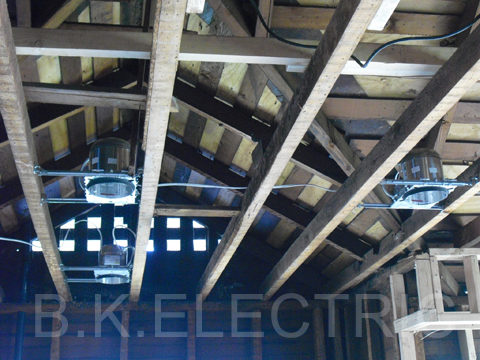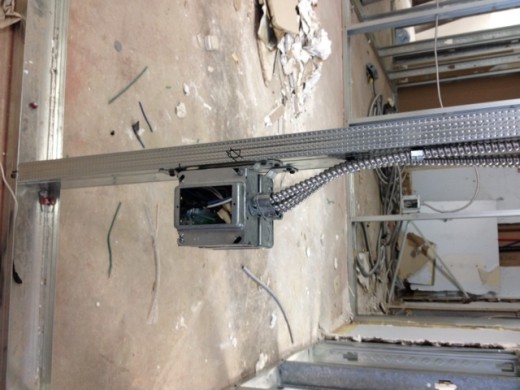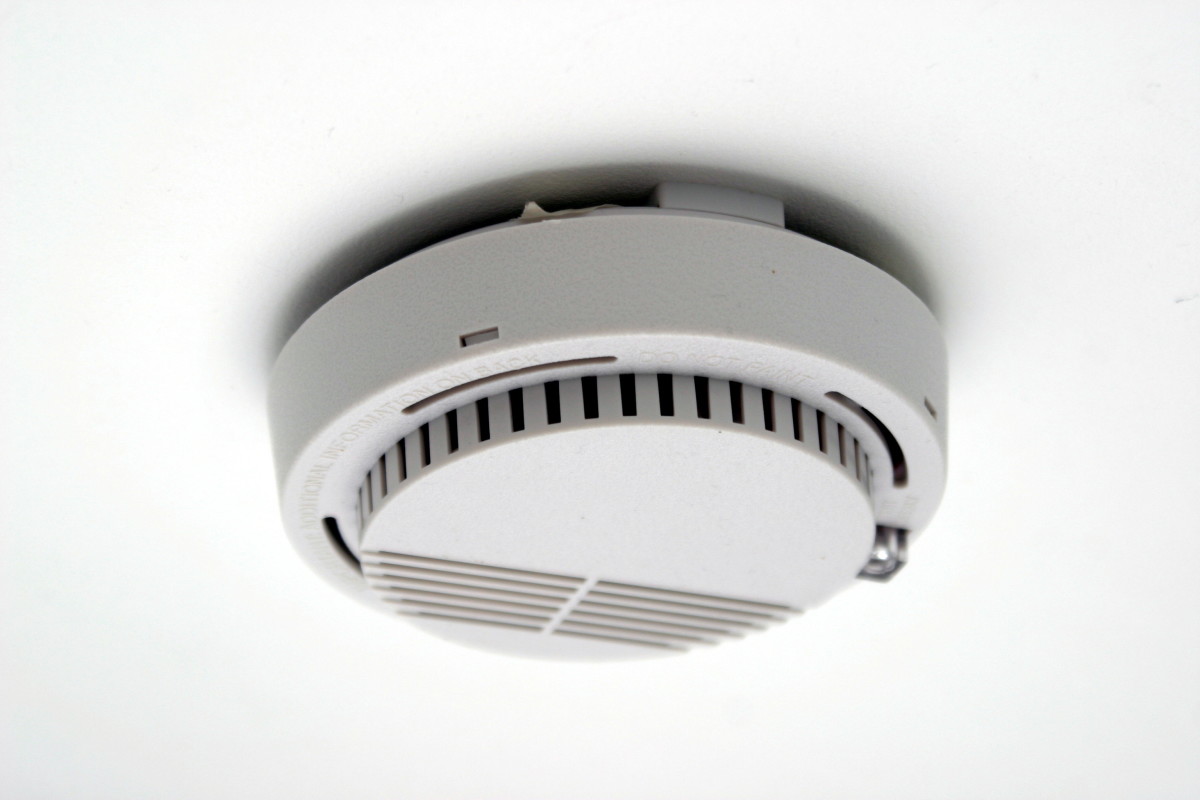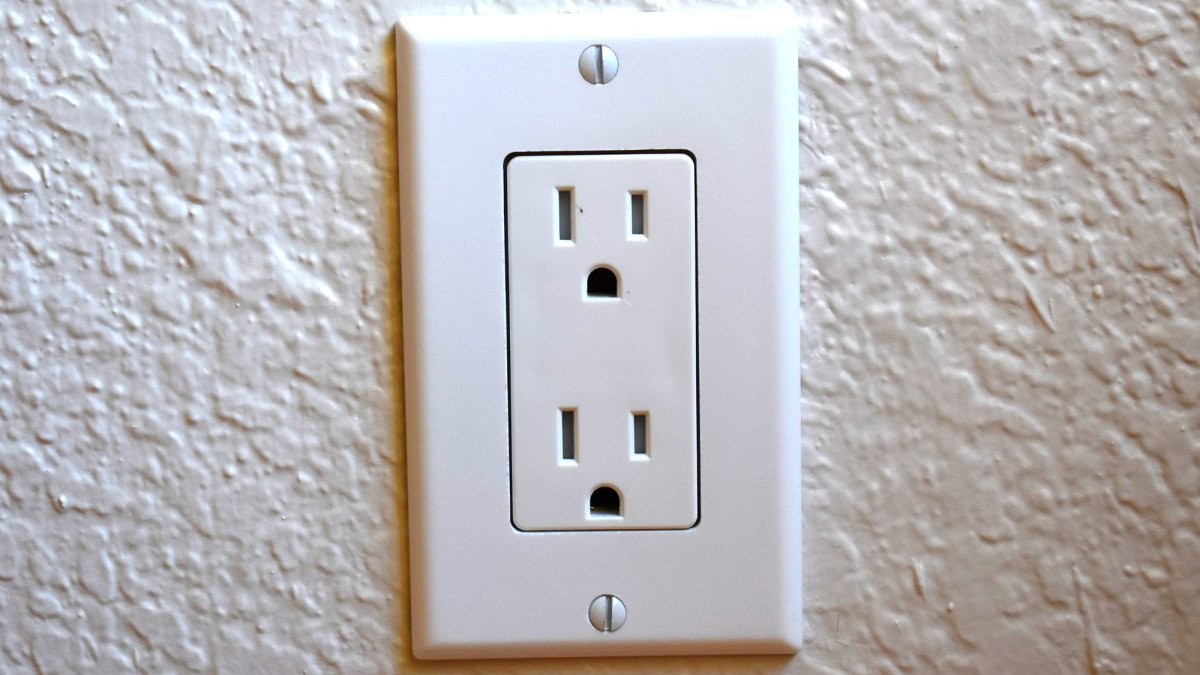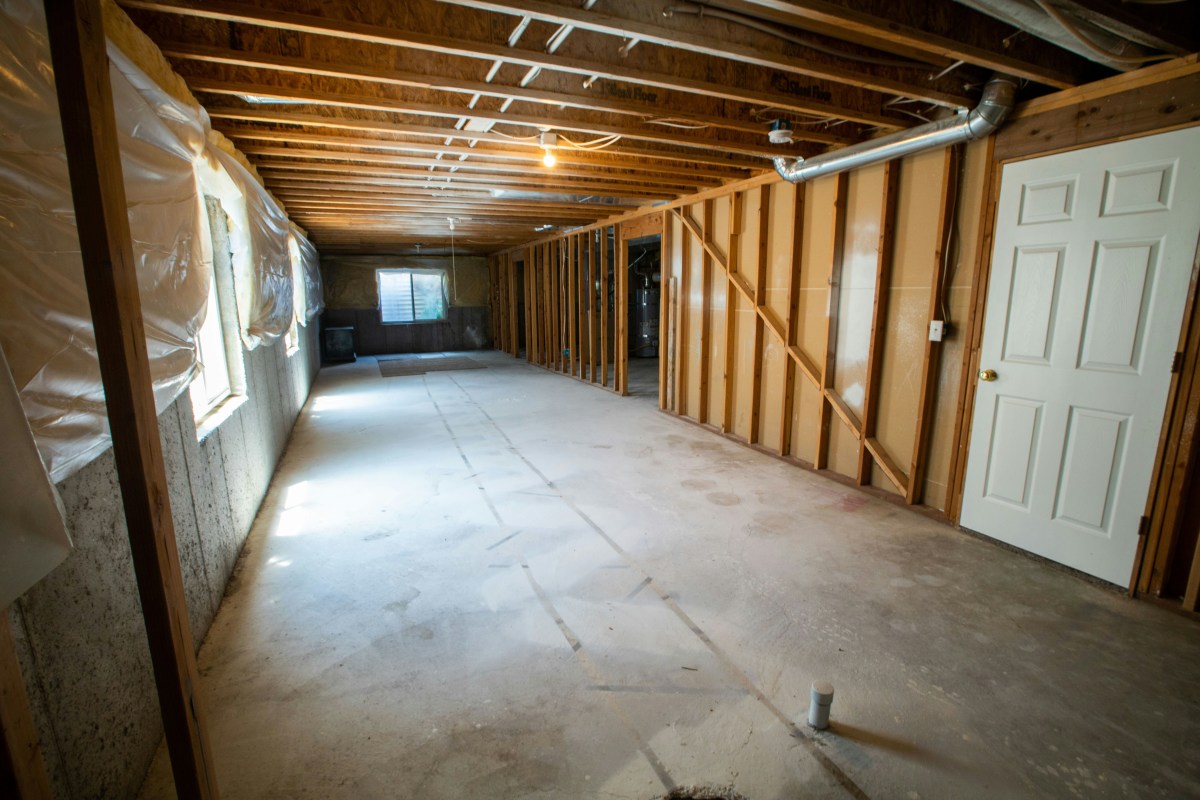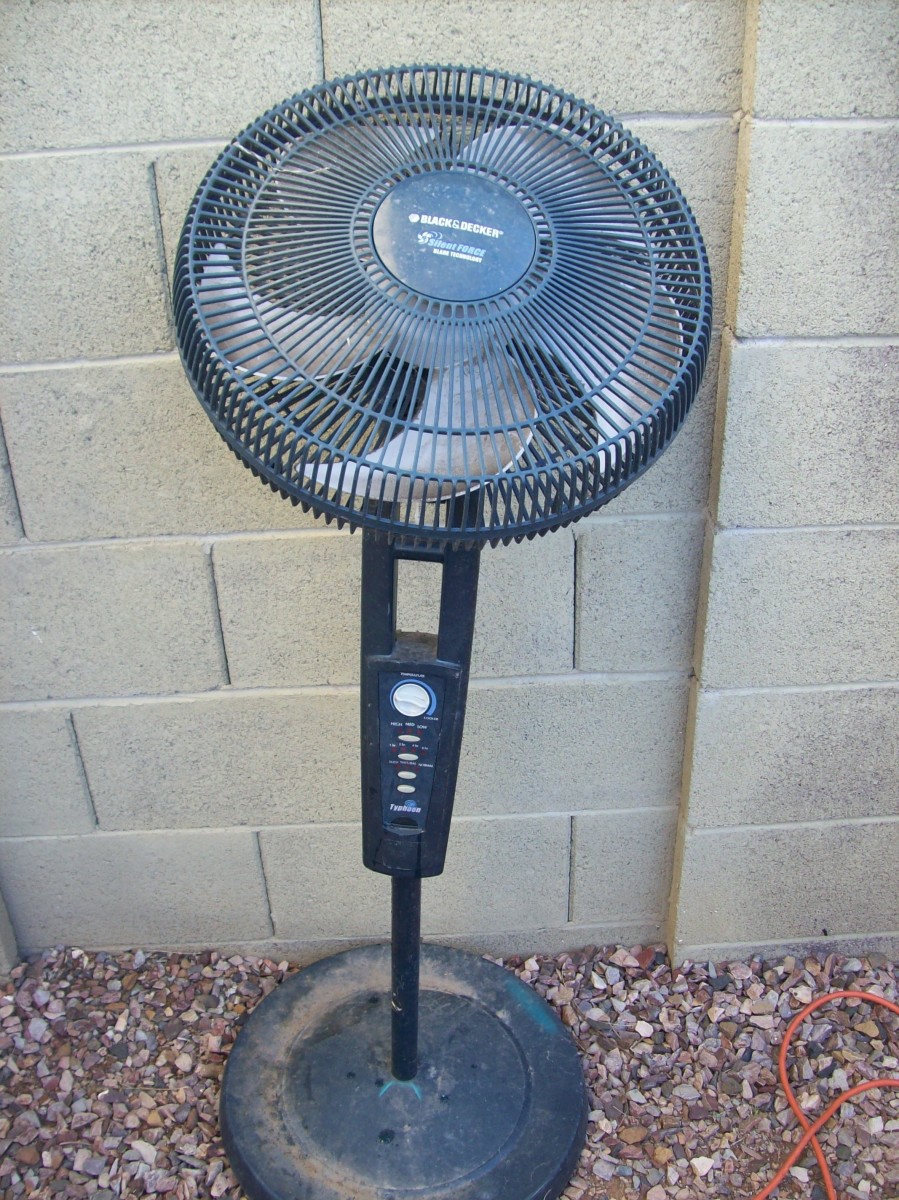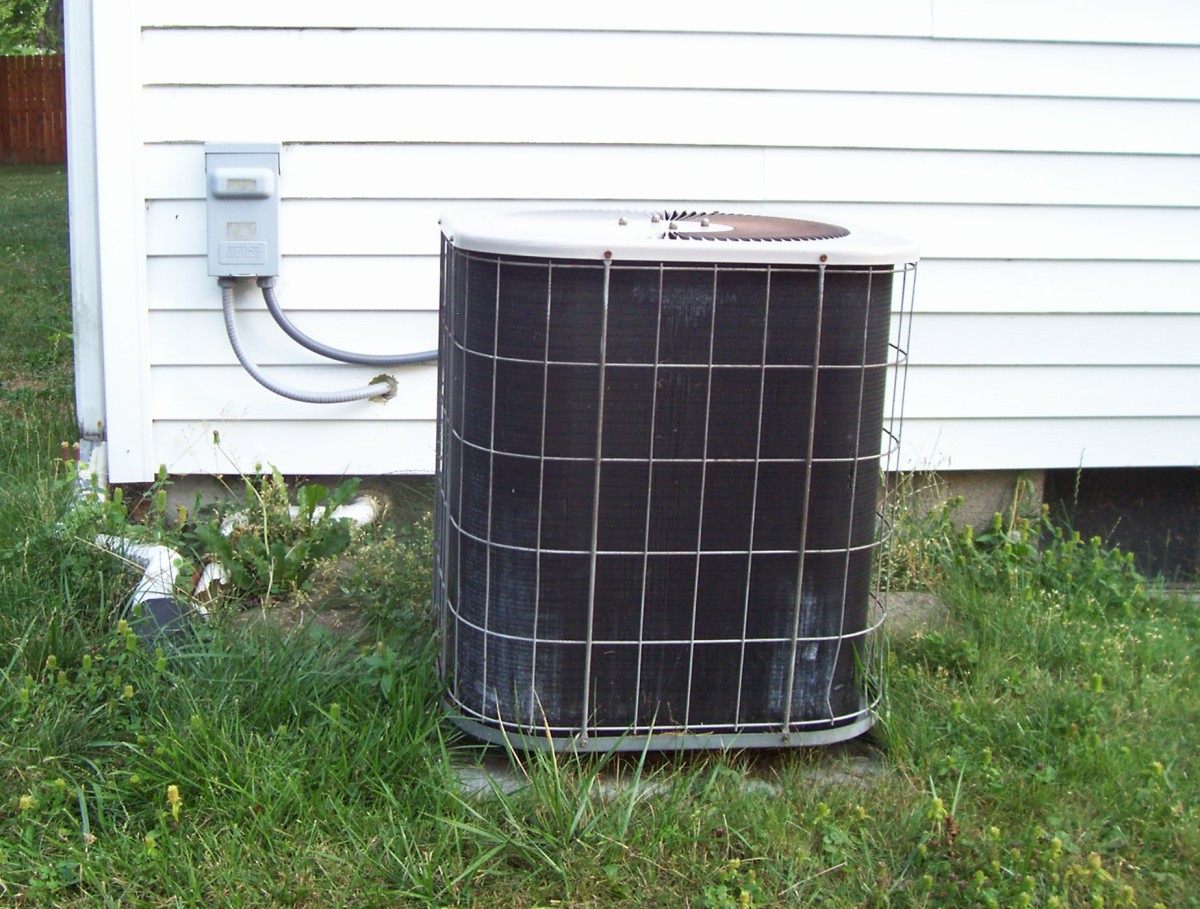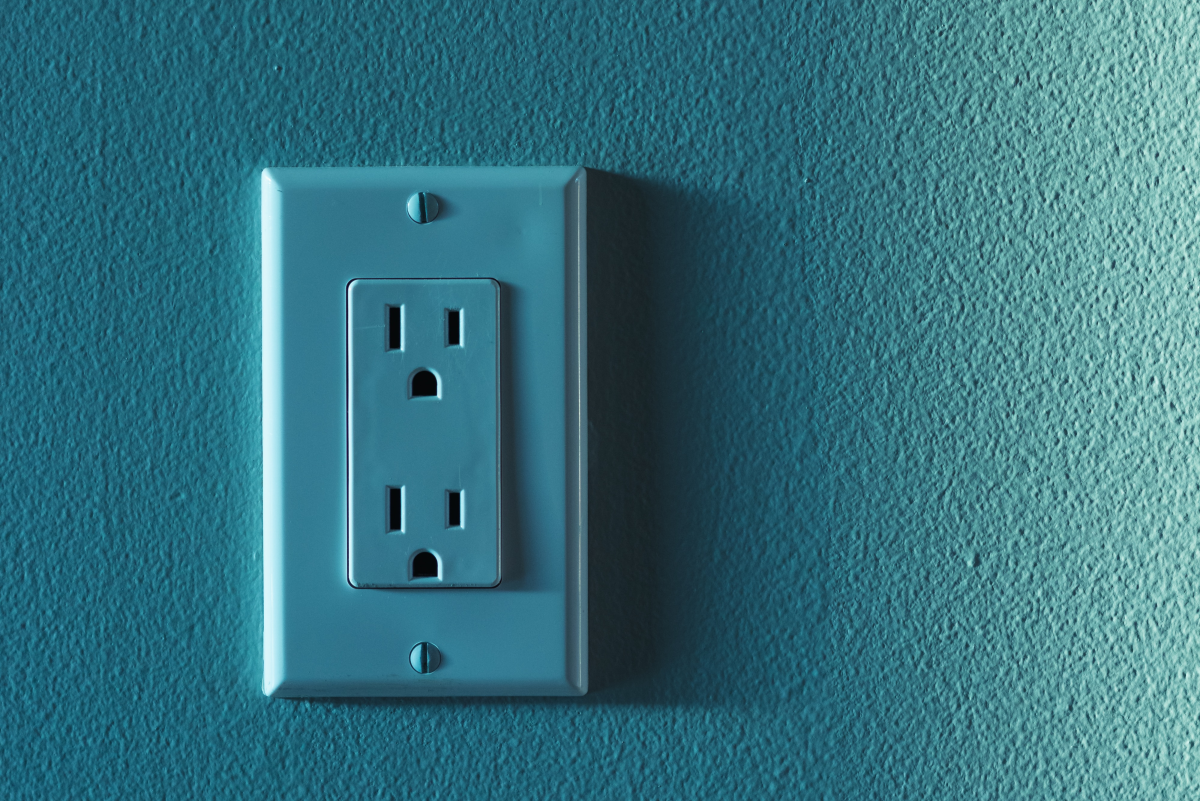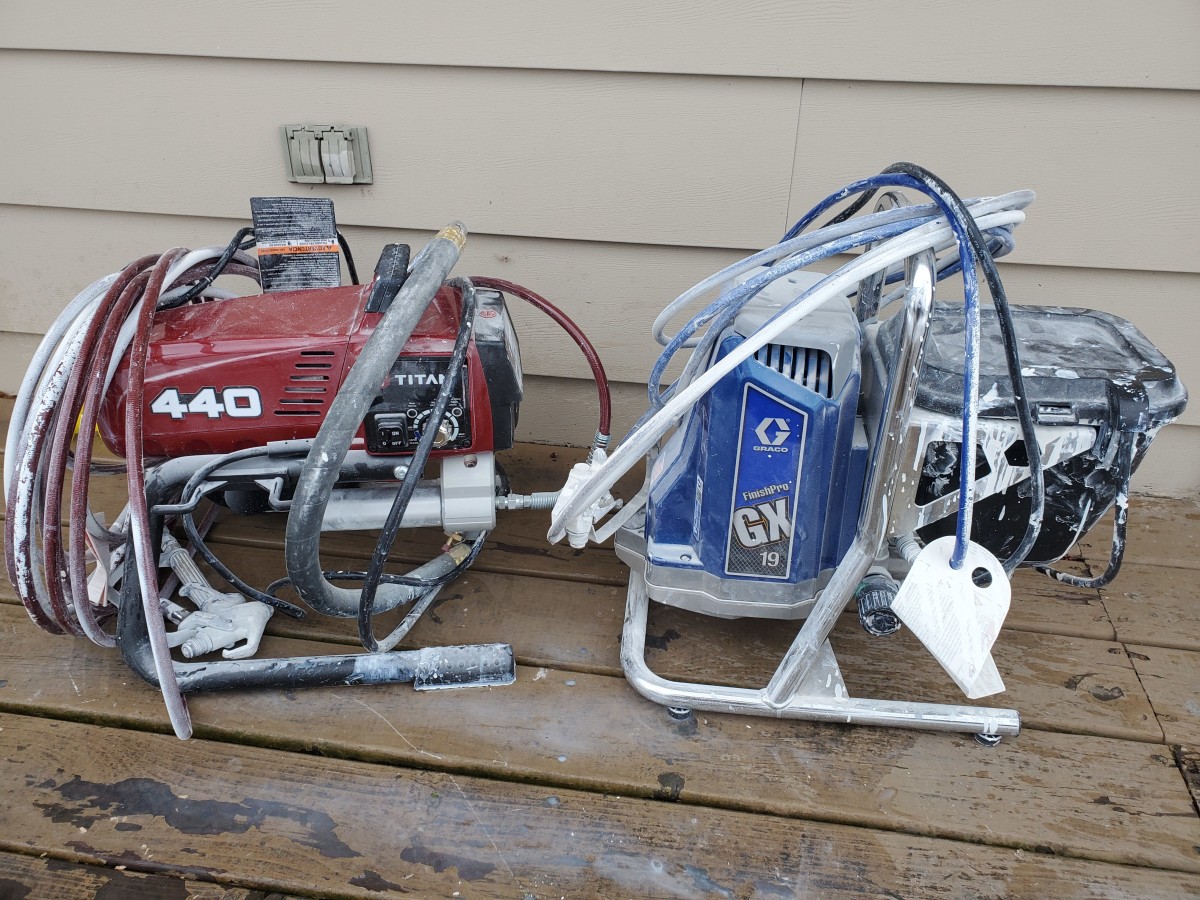Does Your Home Need Rewiring?
Homes built before the 1970s are required, by law, to have new wiring installed. This is because the type of material used to wire these homes prior to the 70s was aluminum and aluminum is now known to be highly flammable.
But even homes built as recently as the 1980s deserve an inspection. While homes built during that time period updated their wiring material, they were built with different load requirements in mind. These days, the average home sports a flat screen television, at least one desktop computer, and several other lights and appliances all drawing electricity through these outdated wires.
So, does your home need rewiring done?
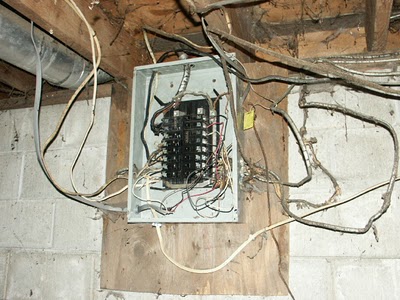
What to Look For
Is your wiring looking an old snakeskin right before shedding? Is the plastic insulation starting to crack like chapped lips? If you need to make sure, check the black wire that leads into your electrical panel. Why the black wire? Well, before the implementation of PVC, wires were coated in black rubber and rubber deteriorates at a faster rate than its PVC counter parts. If the rubber is cracked, there's a good chance the other wires in your home need updating.
Some homes still have outlets that feature only two openings for two-pronged appliances. However, modern appliances are complicated enough to require a grounding prong, so outlets should updated to take three-pronged loads. Any room that has a single outlet is lacking. Current standards recommend an outlet every 6 to 8 feet.
Are you still using fuses and having to replace these much too often in a single year? It's time to call your local electrician and have them inspect your home.
How many power outages have you had in your home in the last year?
You'll want to take a tour of your home and make a list of all the devices you plant to use and where you'll most likely be using them. You're creating a work scope and figuring out your electrical needs.
Be sure to check with an electrician and with the city for relevant permits and to assure standard compliance. You can't legally start your work if you haven't yet been cleared by the city, so try not to sneak around this part. A hefty fine awaits you if try to undergo a serious electrical work without permission and you get caught.
You should remember that while your pre-70s home is enjoying an antique and "vintage" electrical system, wiring has come a long way since that era of discotheques and oversized collars; these days, wires can and are expected to carry things like data. If you want to connect to a fire or security system, a modern home would allow you to do so. Take that into consideration when you're creating your layout.


Safe Home Rewire
Label Everything
Be sure to label everything. Draw yourself a diagram of the wiring if you're rewiring your own home; update this diagram as often as needed. Label any cables and their respective junctions.
At this point, you’ll want to prepare a detailed report to show your electrician. He or she will help you figure out how big a budget the work will require and how much time it will take. Make sure your electrician has a valid license and their reputation is solid. Sketchy contractors can do spotty work for too high a price.
If you have any old breaker panels, an electrician should be called in to check the coatings. There could be burn residue, cracked insulation, and loose connections that could lead to a fire. If any of these are found, your breaker panel should be replaced as soon as possible.
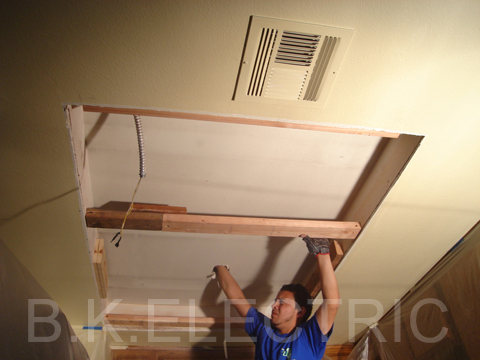
About Old Home Rewiring
Does the old wiring in the house run near plumbing lines? Any pre-existing infrastructure could mean trouble for you and your electrician. Make sure you are aware of the location of old wiring or plumbing so you don’t break or cut any accidentally. You could end up spending a lot more money than you intended. So a tip: be prepared for surprises. Know what you want done, but be prepared to make changes. The stubborn tree breaks under pressure while the flexible tree bends and adapts.
Older buildings can turn out to be complex and demanding. Be sure your electrician has experience working in them. This is especially important when it comes to rewiring. You’ll want to create a balanced system as you add more loads to it. An overloaded circuit could mean a disaster for you and your family.
New wiring doesn’t have to mean mismatched hardware. Many companies sell stylized pieces that match the style and era of your old home.
Some Final Words
Rewiring a home is expensive and the expense is often what turns away a homeowner from hiring a professional to do the job.
Copper wire isn't cheap and neither are the parts or the labor required by the work. This is why we recommend taking your time to research the cost of materials and making a few calls to electricians for estimates. You'll be able to get a good idea of how much to expand your budget and how much room to leave for negotiations.
With this in mind, your home can be updated smoothly and with very few surprises.

